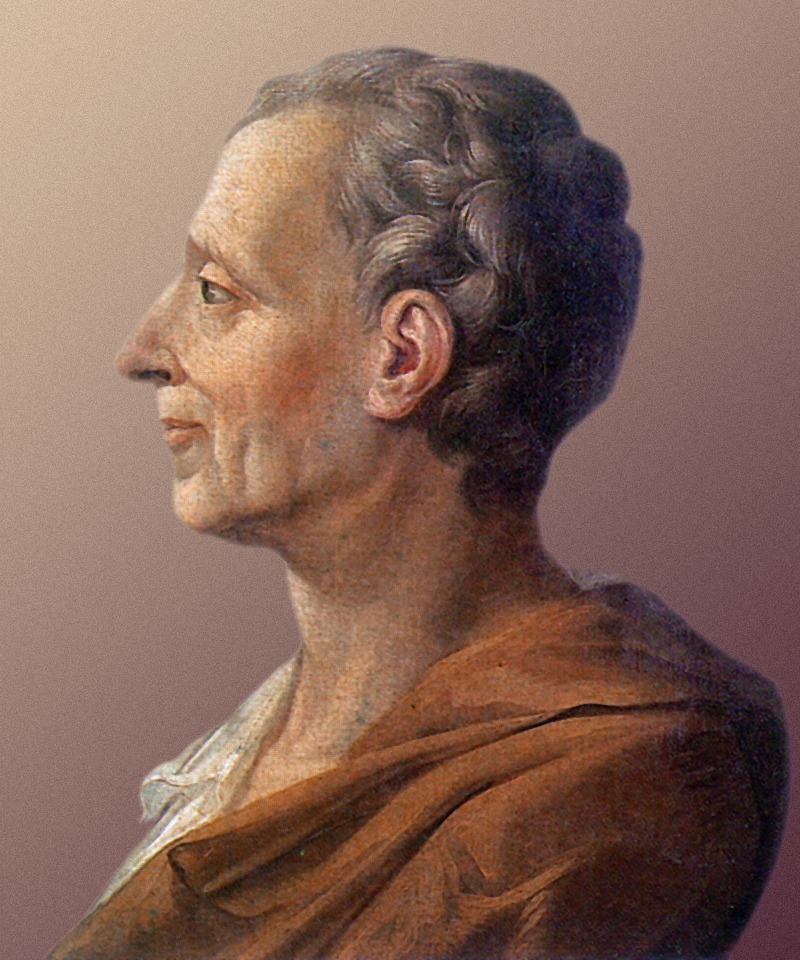
This richly evocative novel-in-letters tells the story of two Persian noblemen who have left their country—the modern Iran—to journey to Europe in search in wisdom. As they travel, they write home to wives and eunuchs in the harem and to friends in France and elsewhere. Their colorful observations on the culture differences between West and East conjure up Eastern sensuality, repression, and cruelty in contrast to the freer, more civilized West—but here also unworthy nobles and bishops, frivolous women in fashion, and conceited people of all kinds are satirized. Storytellers as well as letter-writers, Montesquieu’s Usbek and Rica are disrespectful and witty, but also serious moralists. Persian Letters was a succès de scandale in Paris society, and encapsulates the libertarian, critical spirit of the early eighteenth century. C. J. Betts’s translation conveys the color of the original, and his introduction examines the inner meanings of Montesquieu’s satire. This edition also includes explanatory notes, appendices, and suggestions for further reading.
Author
